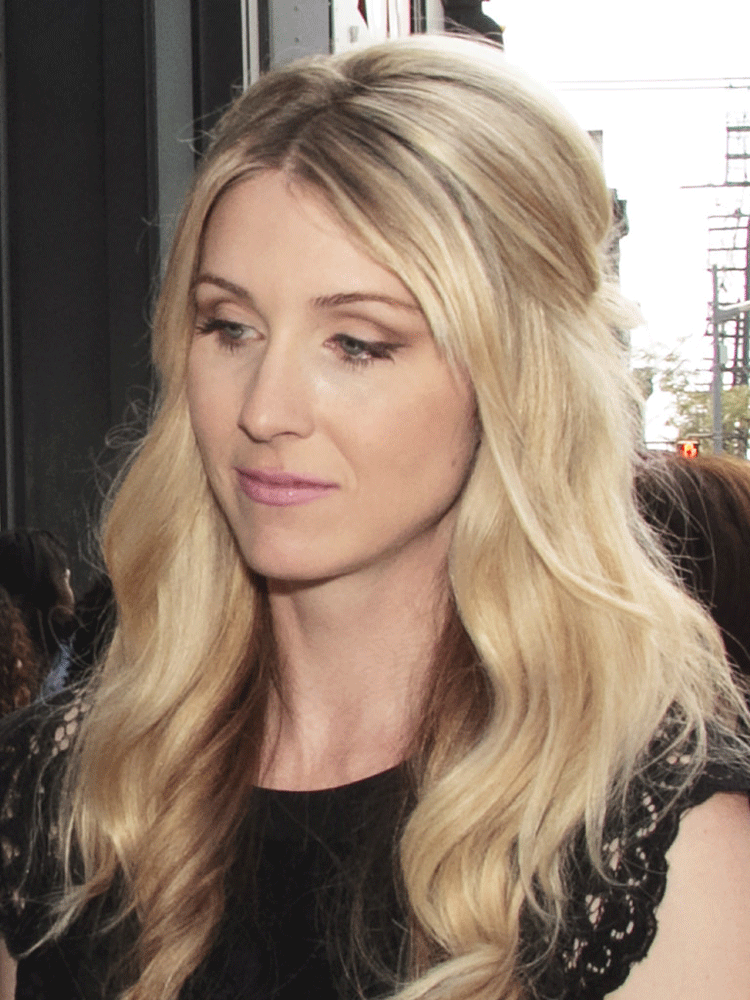
Emmanuel Alcantar
Staff Writer
Last Thursday, the Pollock Theater screened the film “Edge of Seventeen,” which has received widespread critical praise and numerous accolades, including a “Best First Film” award from the New York Film Critics Circle and a Director’s Guild nomination for “First-Time Feature Film” for its writer-director Kelly Fremon Craig. Craig was brought to discuss the film in a Q&A afterwards.
Growing up is a nightmare, especially during one’s adolescent years. Nadine (Hailee Steinfeld) has had a more difficult life than most, or at least that’s what she wants you to believe. Self-loathing ever since she can remember, her friendship with her best/only friend Christa (Haley Lu Richardson) has kept her going ever since the death of father. But when Christa starts dating Nadine’s older brother Darian (Blake Jenner), Nadine’s carefully constructed and fragile world comes crashing all around her.
“Edge of Seventeen” hews to many John Hughes films that came before it like “Sixteen Candles,” “Pretty in Pink,” and “The Breakfast Club” with its humor and melancholy. Craig perfectly captures the way that teenagers heighten many of the situations they find themselves in, but she also holds a great deal of care for her characters. The script also adds a level of nuance not seen in Hughes’ films in regards to its subjects.
Nadine is the smartest girl in the room and unabashedly abrasive, yet she spontaneously makes decisions that may not be the best choice for herself. Irwin (Hayden Szeto), Nadine’s romantic interest, could have easily devolved into a stereotype (a common criticism of Hughes’ work), but the film’s self-aware script smartly adds complexity to his character. Craig discussed how she “grew up on really great John Hughes films” as well as the Cameron Crowe film “Say Anything.” She wanted to capture the emotional volatility that many experience when they’re young and a “sponge emotionally.”
When asked about the difficulty of crafting Nadine as a character, Craig talked about how she “wanted to get to the truth of who she was, warts and all.” She wanted to be honest to the character even if it could have potentially alienated the audience. She wanted a character that would make choices that the audience would not agree with, but could still root for. Steinfeld was incredibly pivotal to the creation of Nadine, according to Craig.
“She’s the actress of her generation,” she said when referring to Steinfeld’s acting capabilities. Steinfeld found nuances in the character, and Craig immediately knew she had found her actress after auditioning over 1,000 girls.
According to Craig, the casting of Irwin was also serendipitous, as he was the first guy cast in the film. “I was so sure we were going to have to look forever,” she said. The film was first feature he had ever been cast in, and Craig said he was instantly likeable and had uncanny ability for improvisation. Craig mentioned that she did not like to rehearse the lines much before shooting, because she did not want them to be “stale,” and often allowed her actors extra freedom in their line delivery.
One member of the audience asked her if one of her inspirations for Nadine was “Daria,” from the MTV show of the same name. Craig said that she had heard the comparison before, but that it “wasn’t in her consciousness” when initially conceptualizing the character. In fact, Craig said she did not know who Nadine or Mr. Bruner (played by Woody Harrelson) were until she finished writing the first scene of the film where Nadine is talking about killing herself.
When asked by the audience, Craig revealed that she originally wanted to become a screenwriter, but decided to direct because she realized that “movies are a director’s medium.” Despite her love for directing, she said that she loved writing because it allowed complete creative control and that there was freedom to be vulnerable.










